
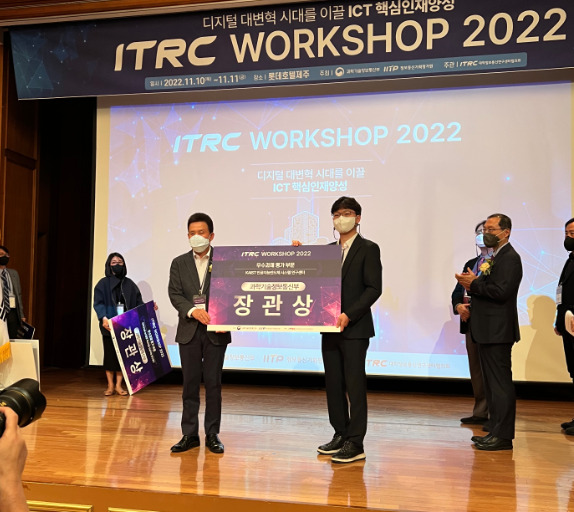



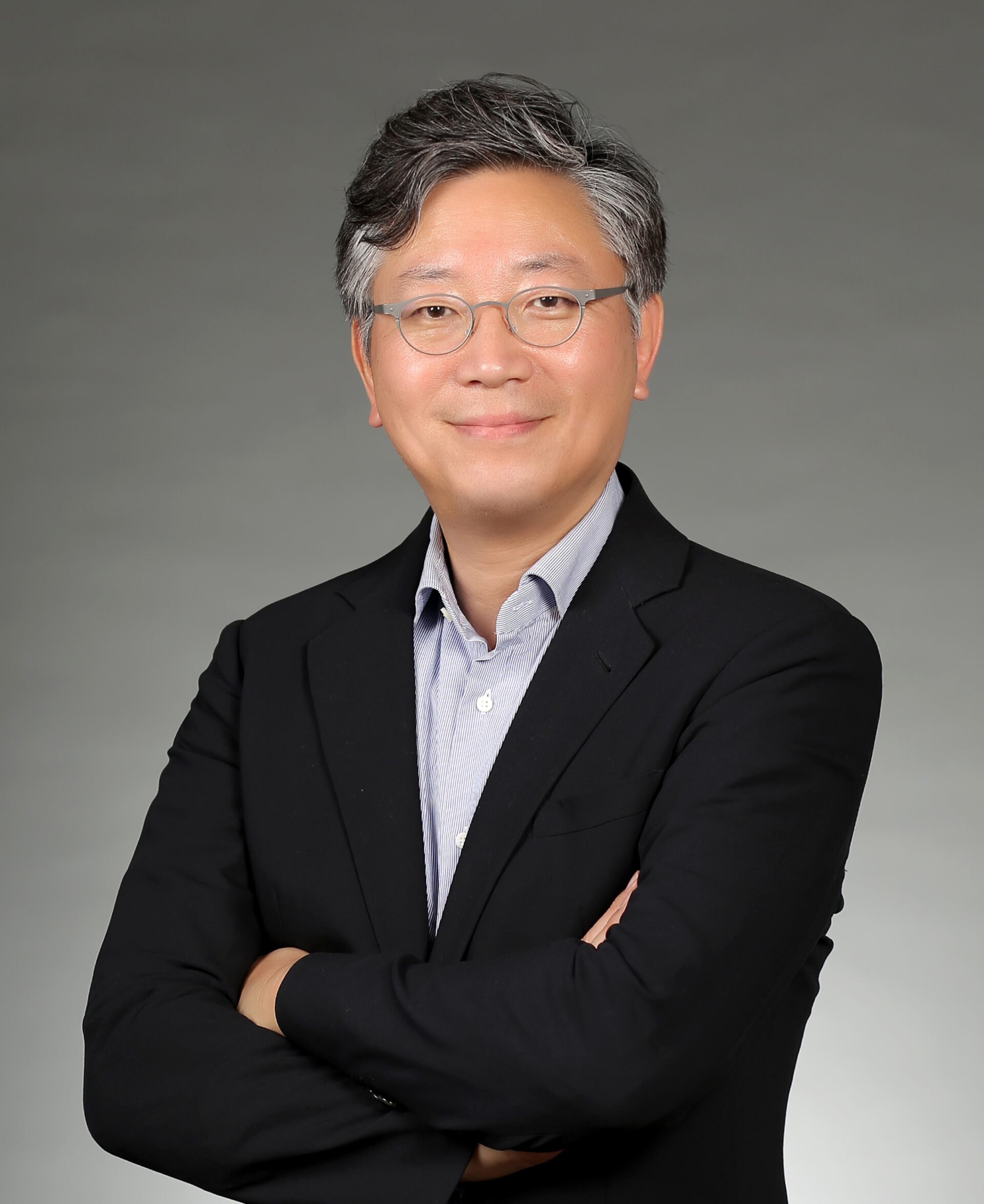
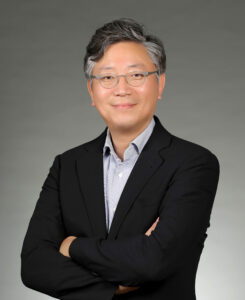


[Ph.D. candidate See-On Park, Ph.D. candidate Hakcheon Jeong, Master course Jong-Yong Park and Professor Shinhyun Choi, From left]
See-On Park, Hakcheon Jeong, Jong-Yong Park, researchers under EE Professor Shinhyun Choi, developed a highly reliable variable resistor (memristor) array that simulates the behavior of neurons using a metal oxide layer with an oxygen concentration gradient, and published their work in Nature Communications.
The study was selected for the Nature Communications’ Editor’s highlight, as well as for the Featured Image on the journal website’s front page.
Link : https://www.nature.com/ncomms/
At KAIST, their research was introduced as one of the breakthrough researches of Fall 2022 within the College of Engineering.
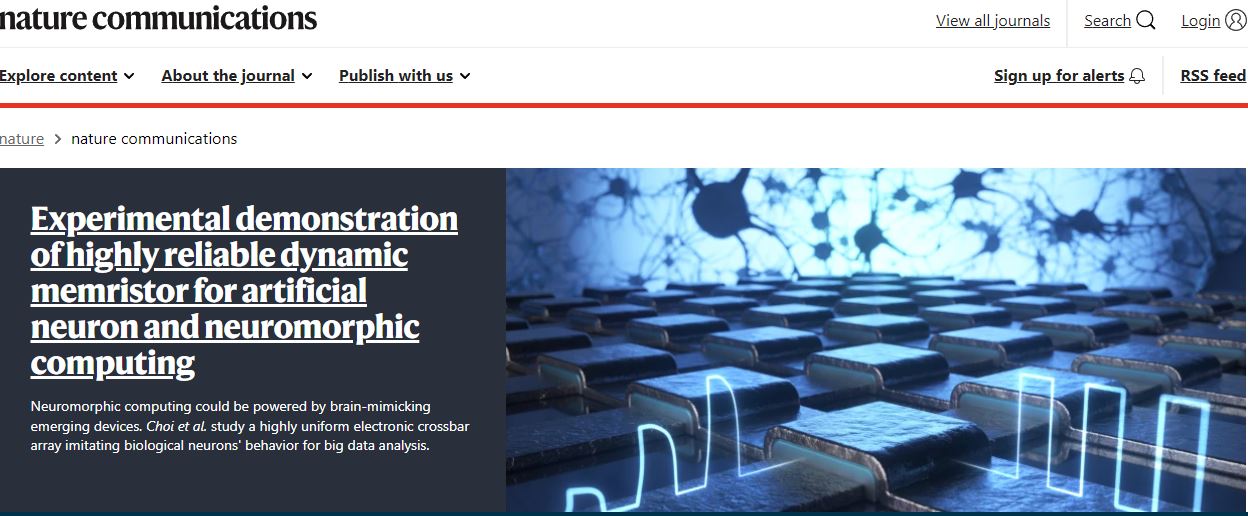
[Figure 1. The Featured Image in the Nature Communications front page introducing the KAIST team’s research on the memristor for artificial neurons]
(Thesis title: Experimental demonstration of highly reliable dynamic memristor for artificial neuron and neuromorphic computing)
This research was conducted with the support from the Samsung Research Funding & Incubation Center of Samsung Electronics
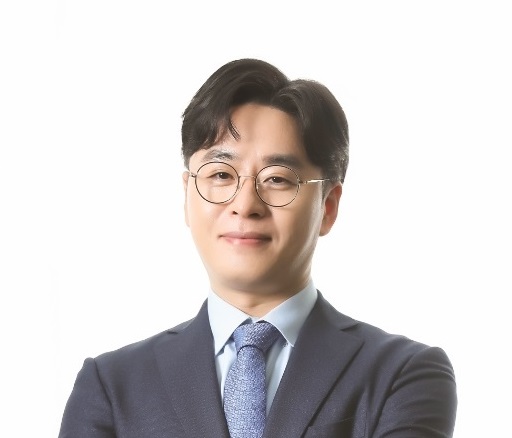
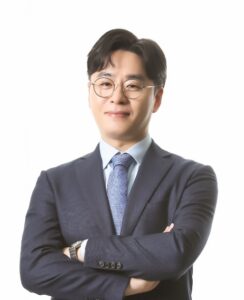
[Professor Sanghun Jeon]
KAIST EE Professor Sanghun Jeon received commendation from the Ministry of Trade, Industry, and Energy at the 15th Semiconductor Day.
Celebrating its 15th anniversary this year, Semiconductor day is an annual event in which those who contributed to the development of the semiconductor industry are recognized and commended for their efforts in the field of industry, academia, and research. It first started in order to celebrate October of 1994, the first year in which the export of semiconductor for South Korea reached over 10 billion US dollars for the first time ever. The event holds special significance this year in that 2022 marks the 32th anniversary of Korea Semiconductor Industry Association (KSIA, founded in November 11th, 1991), infusing the semiconductor industry with hope of overcoming new challenges through innovation.
Sanghun Jeon was nominated for the commendation from the Ministry of Trade, Industry, and Energy thanks to his worldwide leadership and contribution in innovating thin-film processes and device manufacturing, creating research breakthroughs that help the commercialization of ferroelectric hafnium devices that are highly suitable for CMOS process.
Unlike the conventional devices whose computational capabilities are constrained by Moore’s law and von Neumann computer architectures and thereby impose significant limitation on device performance and energy efficiency, ferroelectric hafnium devices are expected to bring into reality Edge Intelligence (EI), which allows the local analysis of dataset and autonomous decision-making.
Sanghun Jeon and his research lab are developing key effective technologies related to ferroelectric hafnium devices, which are expected to play a key role in future device industry. The relevant research accomplishments were presented at IDEM 2021, one of the most prestigious conferences in the field of electronic devices. They will also be presented at IDEM 2022.
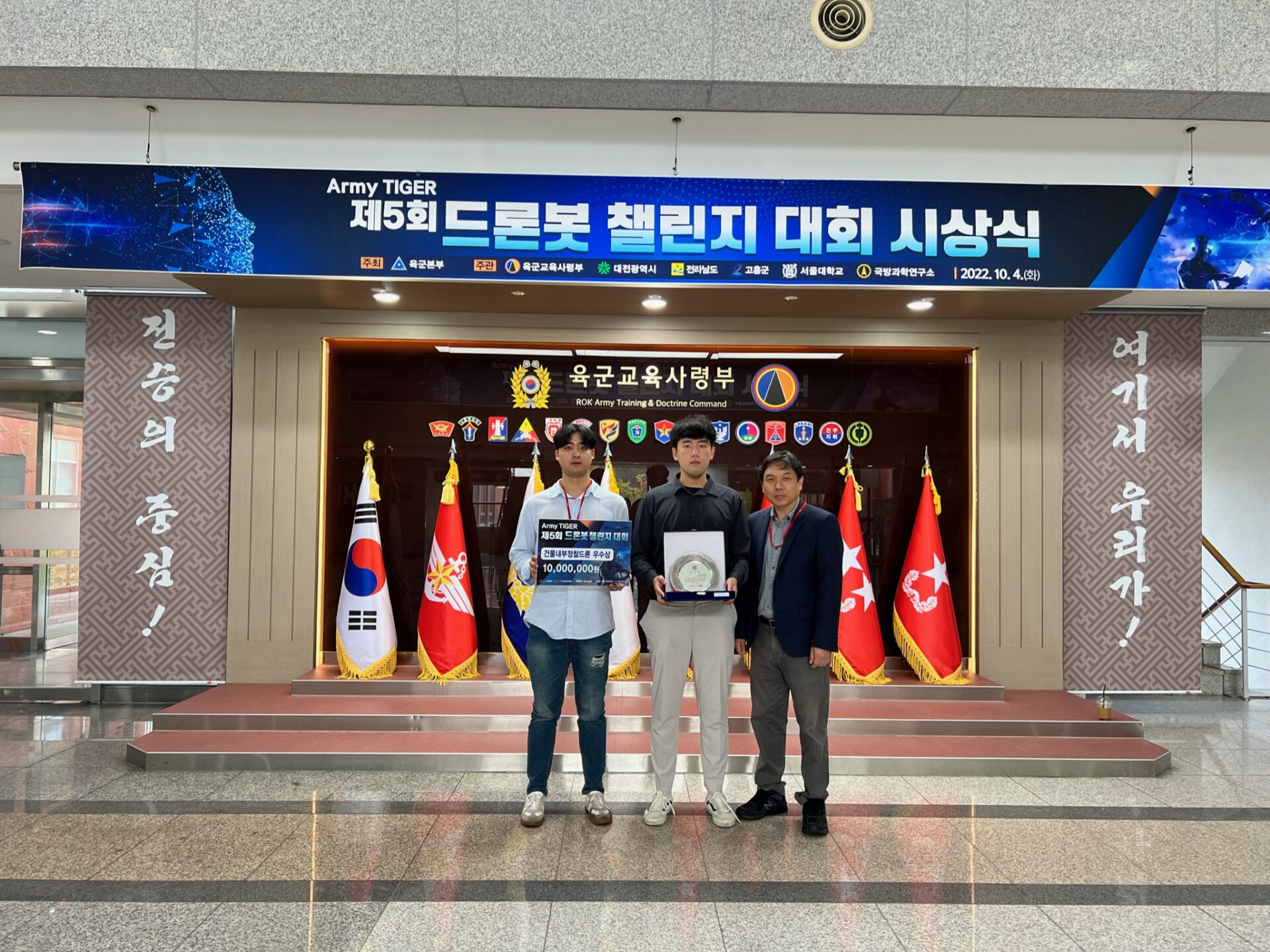
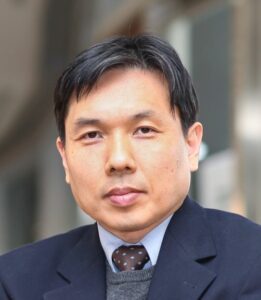
[Prof. David Hyunchul Shim]
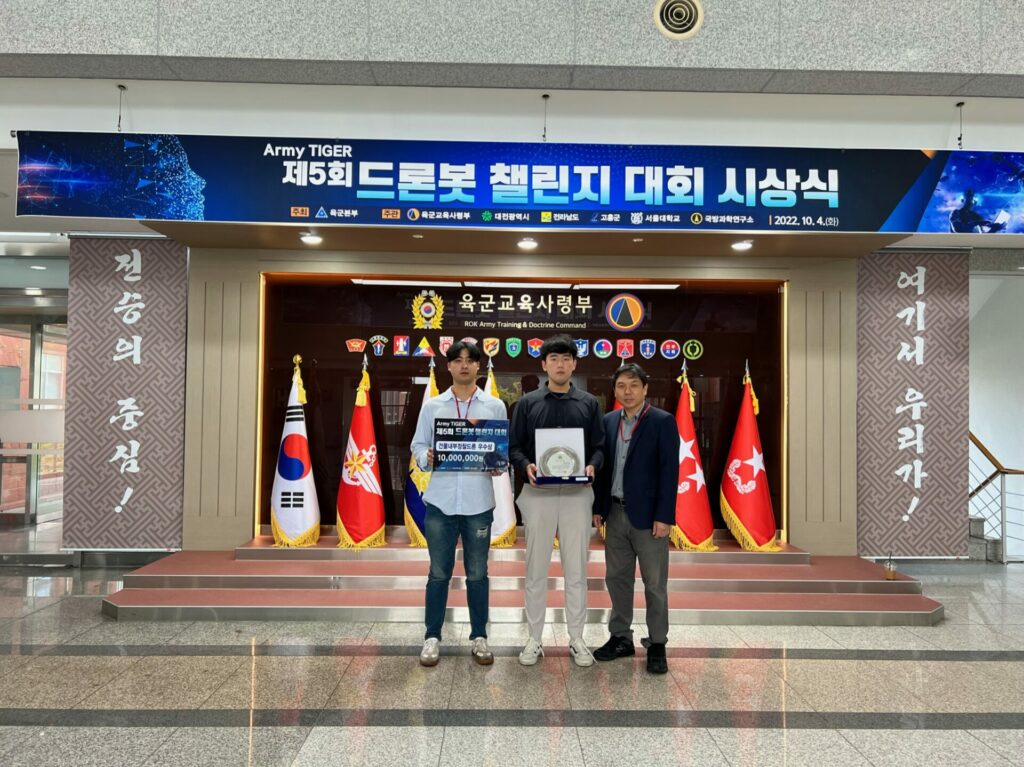



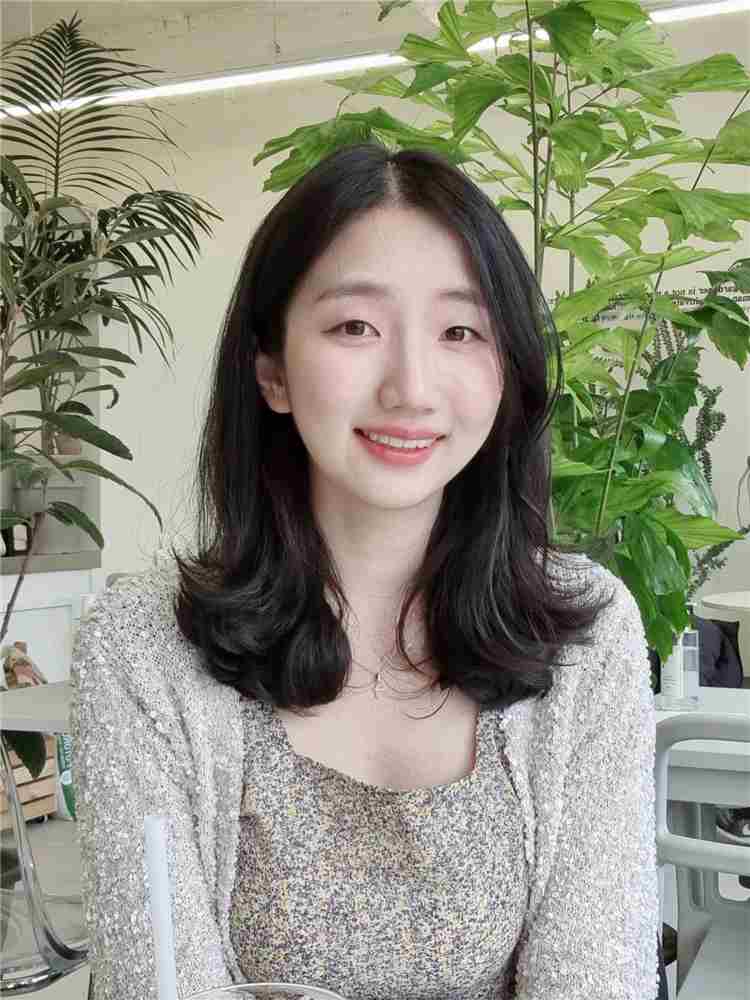
KAIST PhD candidate Yuji Roh from the School of Electrical Engineering (advisor: Prof. Steven Euijong Whang) was selected as a recipient of the 2022 Microsoft Research PhD Fellowship.
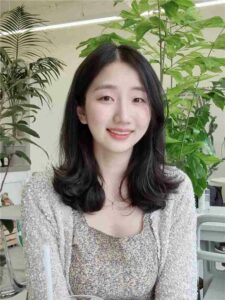
[Yuji Roh]
The list of recipients: https://www.microsoft.com/en-us/research/academic-program/phd-fellowship/2022-recipients/
Interview (Asia): https://www.youtube.com/watch?v=qwq3R1XU8UE

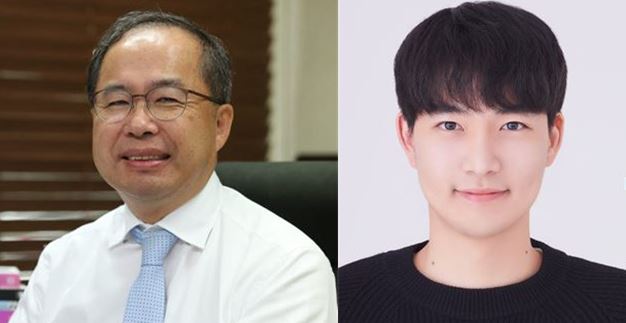

[Prof. Joungho Kim, Hyunwook Park, from left]
-Award Name: Best Poster Award
-Paper Title: Scalable Transformer Network-based Reinforcement Learning Method for PSIJ Optimization in HBM
-Authors: Hyunwook Park, Taein Shin, Seongguk Kim, Daehwan Lho, Boogyo Sim, Jinouk Song, Kyu-Bong, and Joungho Kim (Corresponding author)
-Conference Name: 2022 IEEE 31th Conference on Electrical Performance of Electronic Packaging and Systems
-Time of the event: 9 to 12th October, 2022 at San Jose, CA, USA
KAIST EE Postdoc researcher Hyunwook Park (under the supervision of Professor Joungho Kim) won the Best Poster Award at 2022 IEEE 31th Conference on Electrical Performance of Electronic Packaging and Systems (EPEPS Conference), which was held at San Jose, California, from 9 to 12th October.
EPEPS Conference is an annual academic conference in which many prestigious universities and companies share their research works in the field of signal and power integrity-based semiconductor.
Postdoc researcher Researcher Hyunwook Park presented the paper “Scalable Transformer Network-based Reinforcement Learning Method for PSIJ Optimization in HBM”, which was nominated for the Best Poster Award thanks to its excellence.
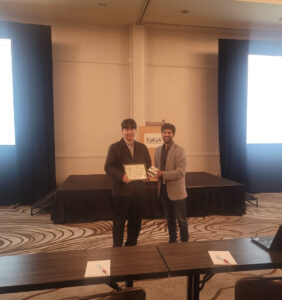
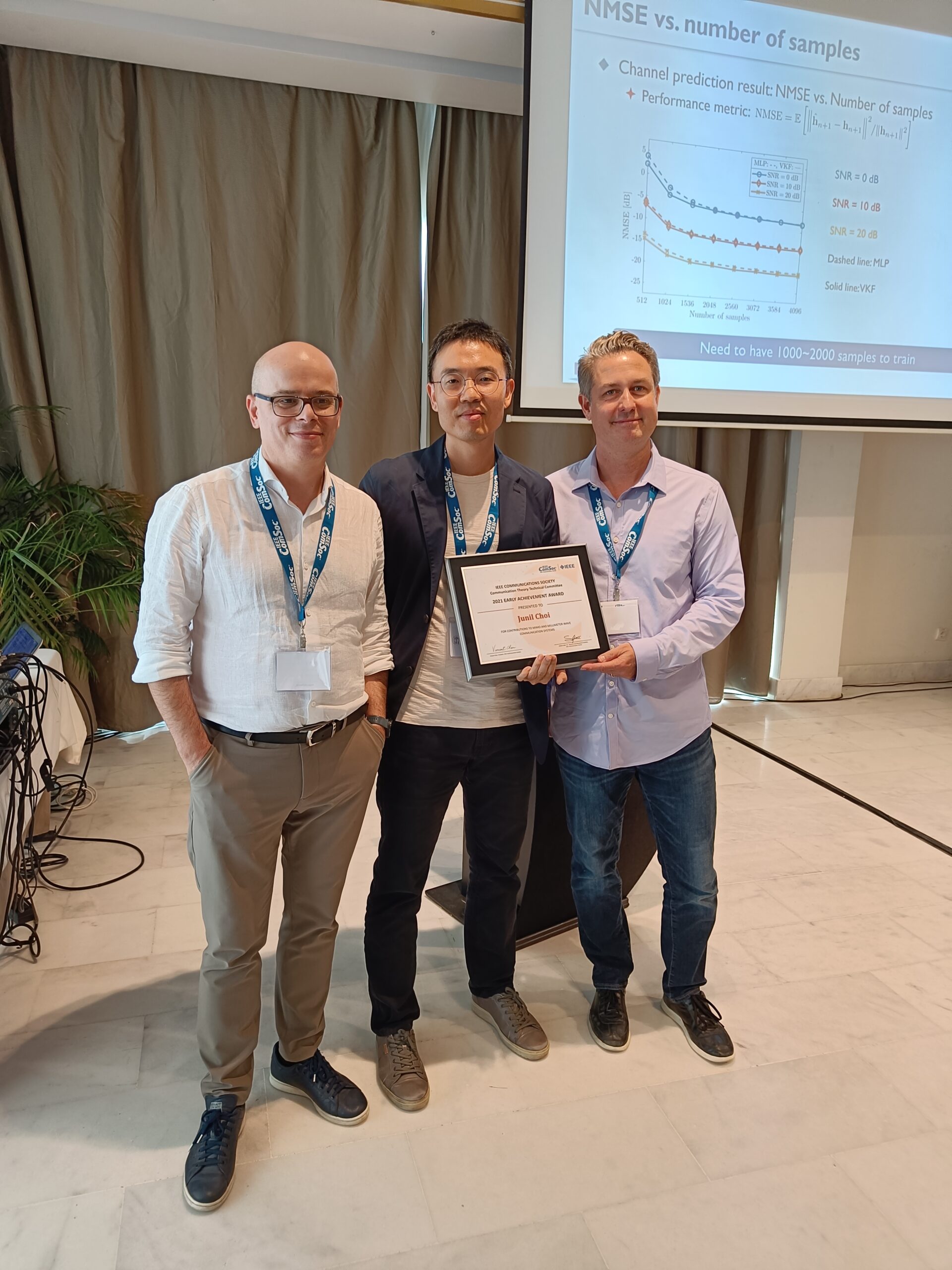
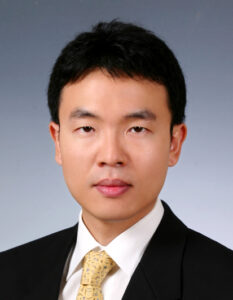
[Prof. Junil Choi]
EE Professor Junil Choi was awarded the Early Achievement Award by the IEEE Communications Society Communication Theory Technical Committee (CTTC), becoming the first Korean member to receive the honor.
Although professor Choi was chosen as the recipient for the 2021 award, the award ceremony was held at the belated Communication Theory Workshop (CTW) last week, due to the COVID-19 pandemic.
The IEEE CTTC was established in 1964 as one of the first technical committees within the IEEE Communications Society (ComSoc).
Since 2016, the CTTC Early Achievement Award has celebrated the achievements of members with early career visibility within 10 years of their Ph.D., with a history of recipients from prestigious institutions such as Stanford University, Imperial College London, Virginia Tech and KTH.
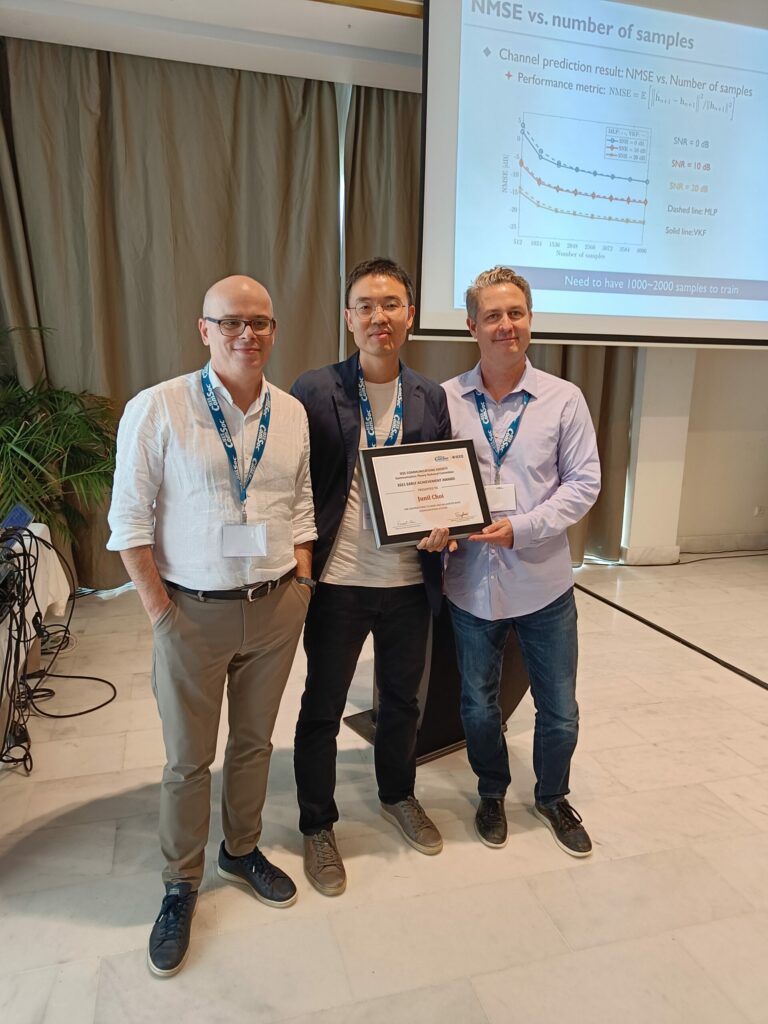


[Prof. Minsoo Rhu]
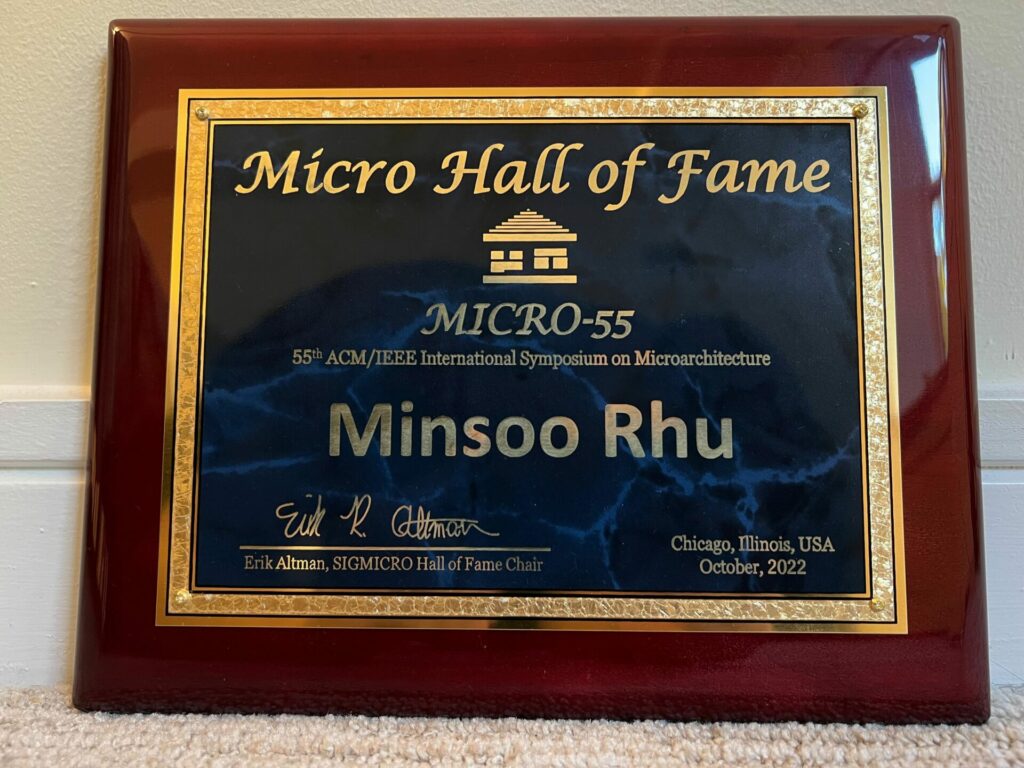
[Award picture of MICRO Hall of Fame]
Related links:
MICRO: https://www.microarch.org/micro55
MICRO Hall of Fame: https://www.sigmicro.org/awards/microhof.php